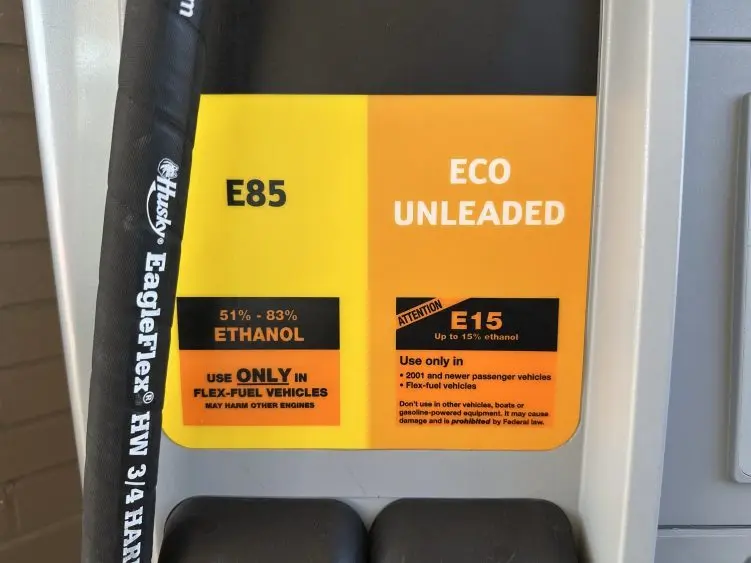
WASHINGTON, D.C.—Growth Energy, the nation’s largest biofuel trade association, submitted comments to the U.S. Treasury and U.S. Internal Revenue Service (IRS) today, calling on the agencies to act quickly to make the most of the Section 45Z clean fuel production tax credit, which was enhanced and extended by the One Big Beautiful Bill (OBBB) in July.
“The Trump administration and Congress delivered a huge win to American farmers and biofuel producers by extending and enhancing the 45Z tax credit in the OBBB. Now we need Treasury and IRS to finish the job by answering key questions and making regulatory decisions that maximize the credit’s benefits,” said Growth Energy CEO Emily Skor. “We’re grateful for the opportunity to weigh in on this process on behalf of America’s ethanol producers, and we look forward to seeing the investments in energy dominance that this credit will unlock once taxpayers know the rules of the road.”
Specifically, Growth Energy’s comments called on Treasury and IRS to:
- Allow taxpayers to deduct emissions associated with indirect land use change from the current 45ZCF-GREET Model.
- Ensure that the 45ZCF-GREET User Manual allows producers to account for additional food and beverage-related emissions reductions, and all carbon capture, utilization, and storage (CCUS)-related emissions reductions verified using a Section 45Q lifecycle analysis.
- Allow on-farm agricultural practices to reduce carbon intensity (CI).
- Structure the Section 45Z regulations so that they have no arbitrary restrictions on the use of renewable energy certificates (RECs) to demonstrate CI reductions.
- Provide further flexibility and clarity in demonstrating compliance with the prevailing wage requirements.
- Clarify that exported ethanol that is “suitable for use as a fuel” is eligible for the Section 45Z credit.
- Promptly finalize the provisional emissions rate process.
These comments build upon and supplement Growth Energy’s comments on IRS Notices 2025-10 and 2025-11, as well as our comments on the IRS’ proposed rulemaking on prevailing wage requirements.
Read the full comment here.



